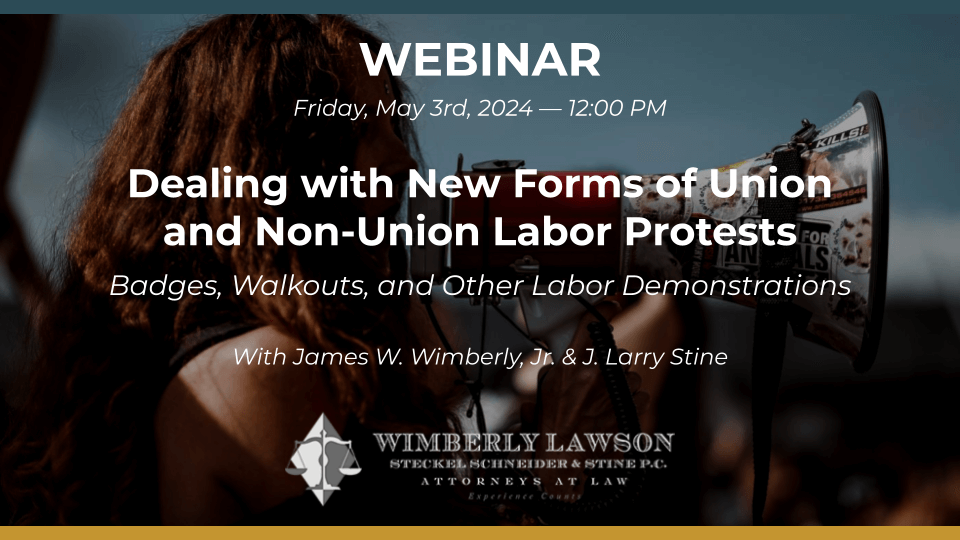Wage and Hour Issues New, Old Rules for Classifying Workers as Employees or Independent Contractors
On January 10, 2024 the U.S. Department of Labor (DOL) announced a final rule on classifying workers as employees or independent contractors for purposes of the Fair Labor Standards Act (FLSA). These rules have been revised before: the rule just issued by the Biden Administration expressly rescinds the 2021 Independent Contractor Rule implemented during the Trump Administration, which, in turn, had rescinded changes adopted during the Obama Administration.
As the saying goes, the more things change, the more they stay the same.
The new rule provides guidance on classification, which the “gig economy” and innovators like Uber and Door Dash have made contentious in recent years. How an employee is classified affects their rights to minimum wage and overtime pay. These employers treated their drivers as independent contractors largely because the workers, not the company, decide when and how much to work, but their proper status was challenged in numerous lawsuits.
Traditionally, the difference between an employee and an independent contractor turned mainly on direction and control. The new “independent contractor” rule employs a multi factor analysis of a worker’s relationship with an employer. These factors include the worker’s opportunity for profit or loss; their financial stake in the business; the nature of any resources (i.e., tools and equipment) the worker has invested in the work; the degree of permanence of the work relationship; the degree of control an employer has over the person’s work; whether the work the person does is essential to the employer’s business; and the impact of the worker’s skill and initiative. These criteria will be very familiar to anyone who had experience with the “economic reality” test developed by courts in the 20th Century.
The final rule takes effect on March 11, 2024. Prudent employers will review agreements they have with any workers classified and paid as independent contractors to ensure that they comply with the new rules. An “independent contractor” who only works for a single company and derives most of their livelihood from that work likely should be converted to an employee; but a contractor who provides a particular service that is not the mainstay of the business – for example, a bookkeeping service – or provides services for several companies could continue to be classified as an independent contractor. A written contract defining the relationship can help dispel ambiguity.
As expected, a business group has filed a legal challenge on the independent contractor rule, seeking to revive their previous litigation in which a federal court in Texas blocked the DOL's 2022 effort to revise it. The Coalition for Workforce Innovation v. Su, 5th Cir., No. 22-40316. Their argument is that the DOL did not follow the required administrative procedures for passing new federal regulations.
This article is part of our February 2024 Newsletter.
View newsletter online
Download the newsletter as a PDF
Related Content
Get Email Updates

Featured Federalist Article: Text Education in Muldrow v. St. Louis: The Supreme Court Just Made Title VII Cases Easier for Plaintiffs to Win

Judge Invalidates Joint Employer Rule, and Independent Contractor Rule Takes Effect

The Importance of Fairness in Employment to the Law and to Job Satisfaction

Major Employers Challenge Constitutionality of Labor Act

Starbucks' Big Change in Labor Policies



